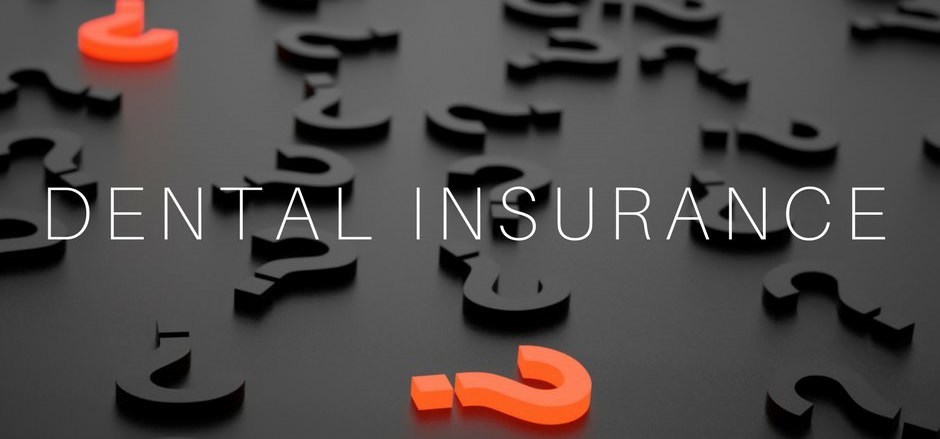Some of you may have new insurance beginning January 1st. Some will stay the same. It is very important that you let the front office staff know what type of insurance plan you have so that they can help you achieve the most out of the insurance. Our office is a preferred provider of most common insurance, ie: Delta Dental, United Concordia, Metlife, Blue Cross Blue Shield to name a few.
What does preferred provider mean for you? Preferred Provider Organization (PPO) is a type of plan that contracts with dental providers, to create a network of participating providers. You pay less if you use providers that belong to the plan’s network.
Generally dental offices have a fee schedule or a list of prices for the dental services or procedures they offer. Dental insurance companies have similar fee schedules which is generally based on Usual or Customary dental services, an average of fees in an area. The fee schedule is commonly used as the transactional instrument between the insurance company, dental office and/or dentist, and the consumer.
Dental insurance differs from medical benefits. Dental insurance is designed to encourage preventive treatment. That’s why most dental plans pay 100% for preventive services, such as cleanings, X-rays and exams. When it comes to basic restorative services such as fillings and periodontal cleanings, most plans cover 80% of the cost. You’ll commonly get just 50% reimbursement for procedures such as implants and crowns. Also, dental policies tend to come with low annual maximums of $1,000 to $ 1,500 caps on what the plan will pay toward care, and most plans have a deductible. Each plan varies coverage, specific to your plan. It is important for you to know what your plan pays and the different clauses within your plan.
“They sure are handy when you smile. So, keep your teeth around a while!” ~Dr. Seuss


